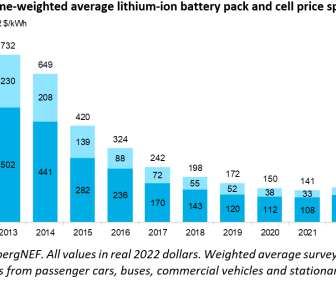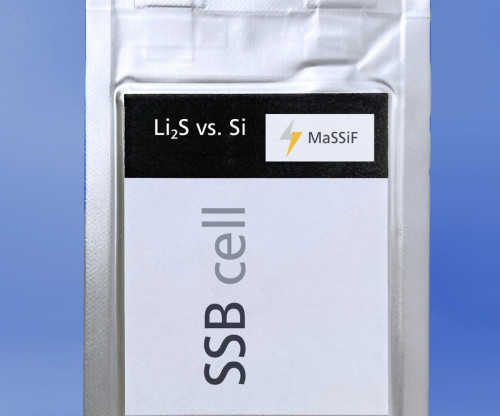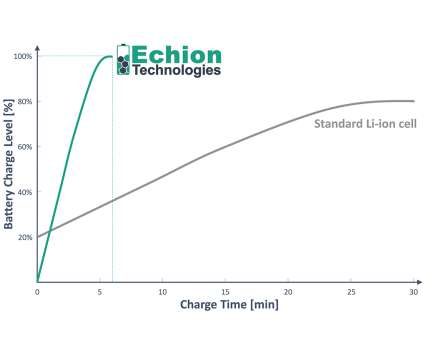BNEF: Li-ion battery pack prices rise for first time since 2010 to an average of $151/kWh
Green Car Congress
DECEMBER 7, 2022
Rising raw material and battery component prices and soaring inflation have led to the first increase in lithium-ion battery pack prices since BloombergNEF (BNEF) began tracking the market in 2010. he upward cost pressure on batteries outpaced the higher adoption of lower cost chemistries like lithium iron phosphate (LFP).





































Let's personalize your content